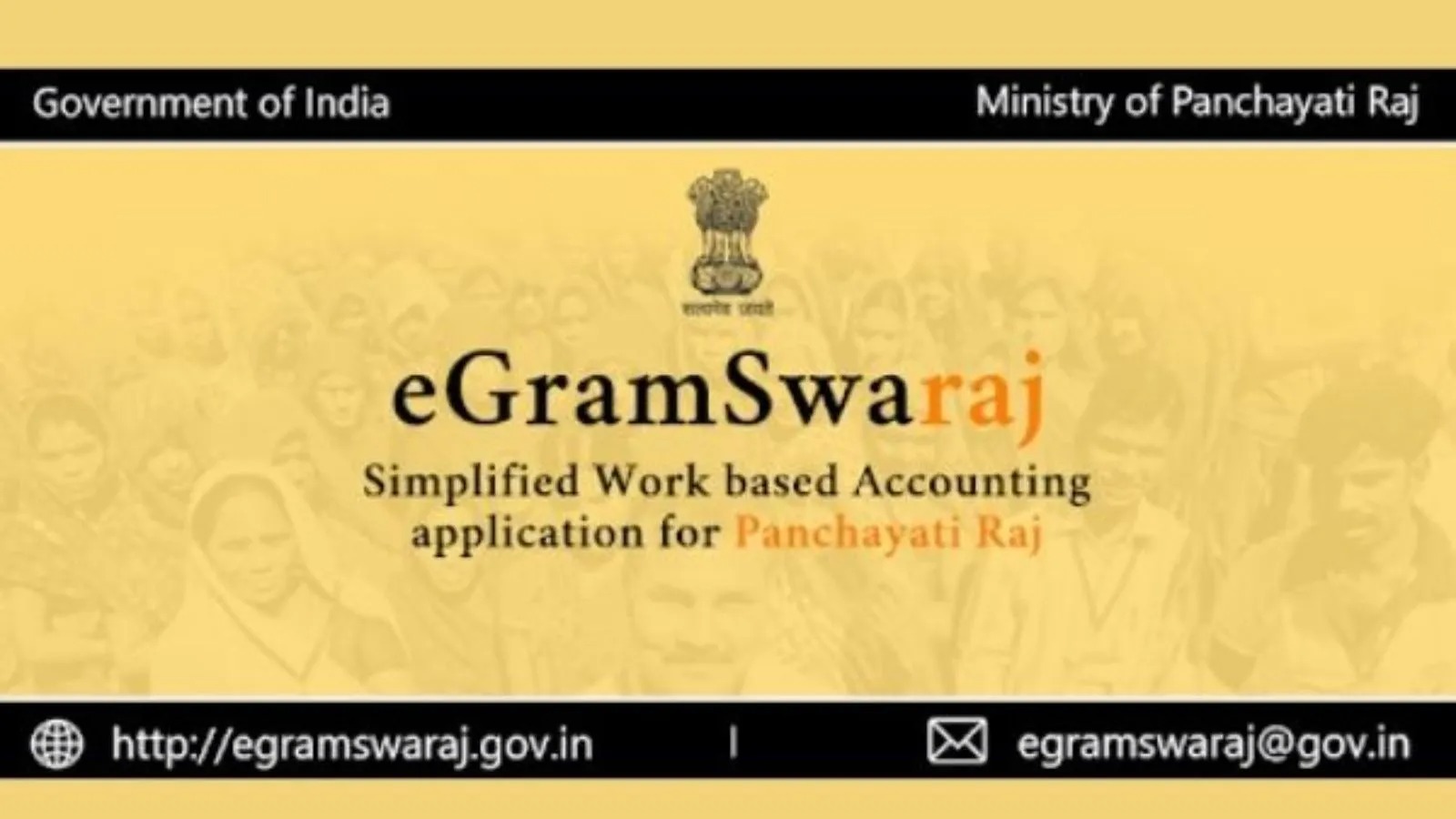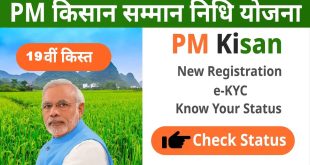New Delhi : The lowest or initial unit of the democratic system is Gram Panchayat. Be it residents of these Panchayats or public representatives, their communication language is local, but till now the e-Swaraj portal for communication with the government was in English only. Understanding this, the Ministry of Panchayati Raj has removed the language barrier. Not only is the portal now available in 22 local languages including Hindi and English, but the Ministry's website has also been built predominantly in Hindi, keeping in mind the large number of Hindi speaking communities in the country.
Modi government is continuously making efforts to accelerate the pace of development up to the Panchayat level. Many steps have been taken in this direction. Meanwhile, in various interactive programs, the Ministry of Panchayati Raj received feedback that the online portal e-Gram Swaraj created for uploading activities related to Panchayat Development and Gram Panchayat Development Scheme is in English language. Since most of the public representatives at the Panchayat level do not understand the English language, they depend on officials or others. In such a situation, the government's efforts to increase participation of villagers in development schemes were being felt as a major obstacle. Panchayati Raj Secretary Vivek Bhardwaj said that the government wants to take forward the development programs along with the linguistic uniqueness of the country. The Secretary says that the most important communication language in the country is Hindi. Therefore, by having a website in Hindi, a large section of the society will be able to easily get information related to Panchayats.
The portal will be in these languages
Hindi, English, Punjabi, Tamil, Telugu, Gujarati, Oriya, Kannada, Malayalam, Bengali, Marathi, Assamese, Urdu, Nepali, Sanskrit, Bodo, Dogri, Maithili, Manipuri, Kashmiri, Konkani and Santhali.
 look news india
look news india



